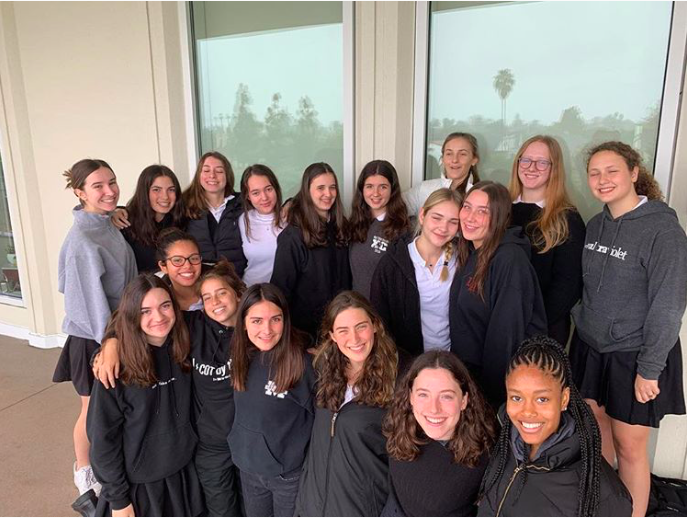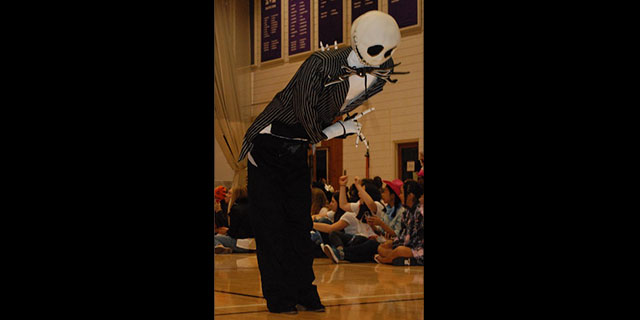“My dad once bought a stock or something, but I wasn’t involved in the process,” Jenny ’15 said, when asked if she felt knowledgeable about saving and investing her money. “He tried to explain it to me because I haven’t gone looking for this kind of information myself.”
Like Jenny, most high school students lack a necessary understanding of financial concepts such as stocks, interest, principal and inflation. In fact, only seven states require students to enroll in a personal finance course to graduate from high school.
Luckily, Marlborough makes a conscious effort to incorporate fiscal understanding into classroom curricula, offering such courses as Dollars & Cents, through the extra-curricular non-credited class series Caswell Scholars; Personal Finance, through the Online School for Girls (OSG); and, beginning in the 2012-2013 school year, a new mathematics elective called Advanced Algebra with Financial Applications. Moreover, through student interest groups and clubs, faculty advisors stress financial responsibility as well as the risks associated with debt as chief components of leadership and independence.
OSG offers a myriad of entrepreneurial and financial courses, ranging from AP Macroeconomics to an extension course called “Personal Finance: What Every Student Heading to College Should Know,” although the School does not give credit for any online classes.
This year, Gwen ’12 enrolled in OSG’s Personal Finance course. From Jan.17 to Feb. 11, Lee spent a total of 16 hours exploring questions such as “How much money does one need on a monthly basis?” and “If you run out of money, what are your options?”
Gwen said that some of the highlights of the course included learning about the advantages of using credit versus debit cards, as well as learning about budget-managing and potential sources of income in college.
“I do think the final budget that we created will be helpful as I begin college,” Gwen said. “At least, it will be if I can stick to it!”
Dollars & Cents is a two-part Caswell Scholars program taught by Community Outreach Program Head Miranda Payne that discusses money management issues through hands-on activities such as building a personal budget and managing cash flow.
Gwen, who also participated in Dollars & Cents as a sophomore, said that she wishes the School would integrate a similar financial course in the Upper School curriculum that would be required for all seniors.
“Dollars & Cents was very instructive, and I definitely feel that I learned a lot,” Gwen said. “The only bad thing I would say, is that I think we were all pretty young, and I’m sure I’ve forgotten something practical and useful.”
Students may also apply to serve as a board member on the Marlborough Student Charitable Fund (MSCF), a philanthropic organization run by juniors and seniors that grants money to charitable organizations that provide opportunities for disadvantaged women in Los Angeles.
Payne, who also serves as faculty advisor to MSCF, said that while she acknowledges the School’s conscious efforts to promote financial understanding in and outside the classroom, she believe that there is room for improvement.
“I think there’s a lot more we can do, and a lot more we need to do, as a School and as a community,” Payne said. “I think financial literacy is like public speaking in that we need to incorporate it into the curriculum so that it touches all students.”
In response to such concerns, Mathematics Department Head Chris Talone recently developed the Advanced Algebra with Financial Applications course for Upper School students.
This class, which prepares students for AP Statistics, highlights how algebraic and graphical patterns relate to personal finance and business transactions. Throughout the year, students will learn about investments, credit, automobile expenses, insurance, income tax and household budgeting







